
Wild Bastards (PS5) - Review
by Evan Norris , posted on 18 September 2024 / 2,700 ViewsVoid Bastards was one of the happiest surprises of 2019. Inspired by System Shock 2 and BioShock, and developed by Australian studio Blue Manchu, it's a first-person rogue-like game with creative weapons, dangerous enemies, handsome comic book-style art, and an addictive gameplay loop. If you haven't played it already, do yourself a favor and track it down. Hoping to build off the success of Void Bastards, Blue Manchu has returned in 2024 with the spiritual sequel Wild Bastards, which retains pieces of what made its predecessor so great and adds a few new wrinkles of its own — some good, some not-so-good.
Wild Bastards is all about mixing and matching genres, and that starts with its narrative. Part science-fiction, part spaghetti western, the game's story follows a band of interstellar outlaws almost completely wiped out by a ruthless magnate named Chaste. When things look truly desperate for the two remaining members of the "wild bastards", a sentient spaceship appears to collect them. Soon after, the ship — entirely of its own volition — visits nearby star systems to retrieve and revive previously-dead outlaws. To paraphrase Jake Blues, they're putting the band back together.
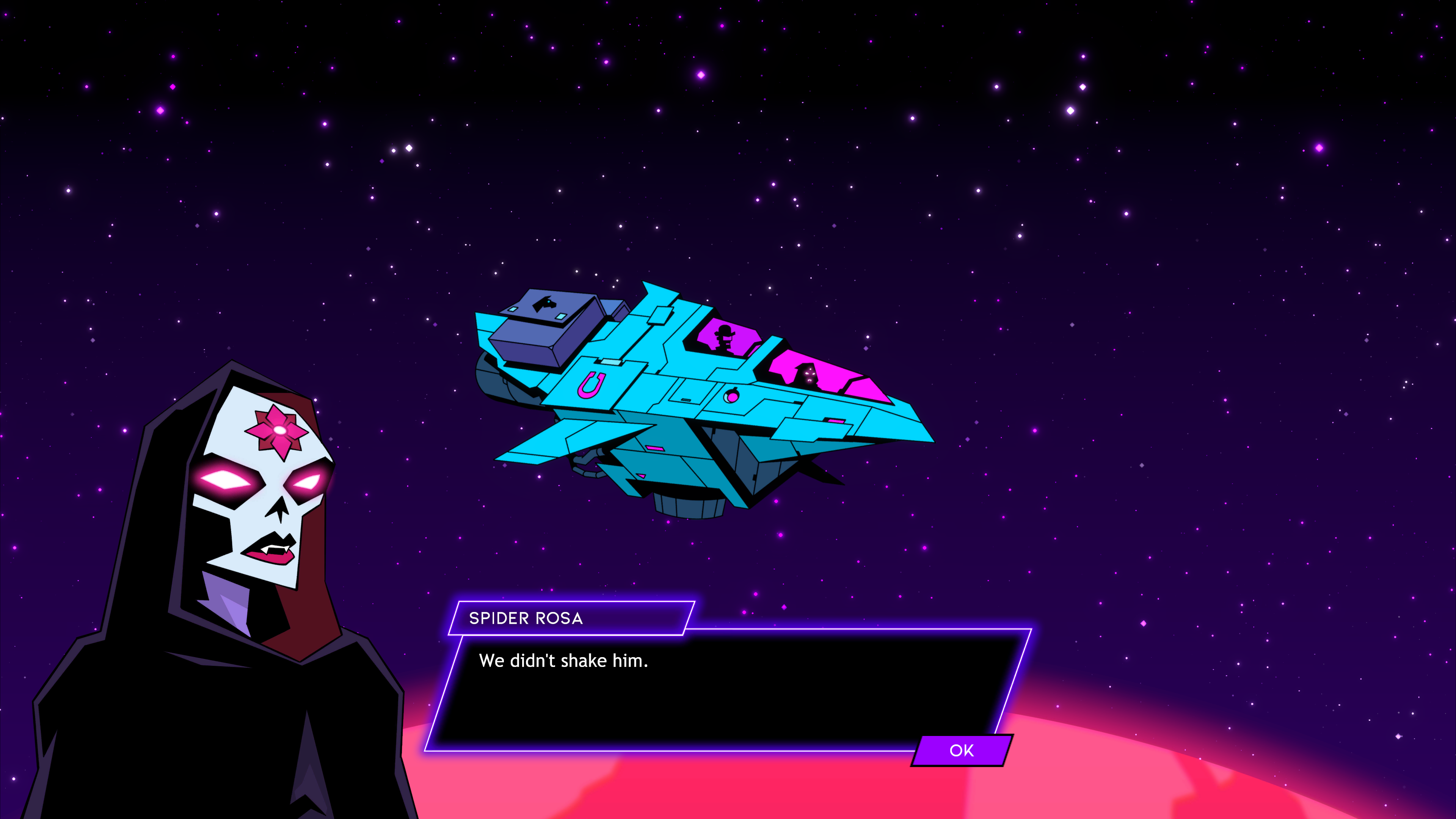
Like the game in general, the storytelling in Wild Bastards has some components that are great and some that are underdeveloped. Let's start with the good. The outer space western theme is inspired, and the 13 bastards are a delight. Each one has a unique look and personality, and fits in perfectly with this upside-down world of space-faring robots, aliens, and mutants. When they argue, fight, and jostle for control and leadership, it feels like they have a long history together. Not only that, but the dialogue is crisp and entertaining, and sometimes very funny.
Now, the not-so-good: the game doesn't really pay off. Toward the end of the campaign, Blue Manchu introduces a few twists, turns, and revelations far too quickly and without proper build-up, and then concludes everything with a deflating anti-climax. It ends up feeling rushed and unfinished.
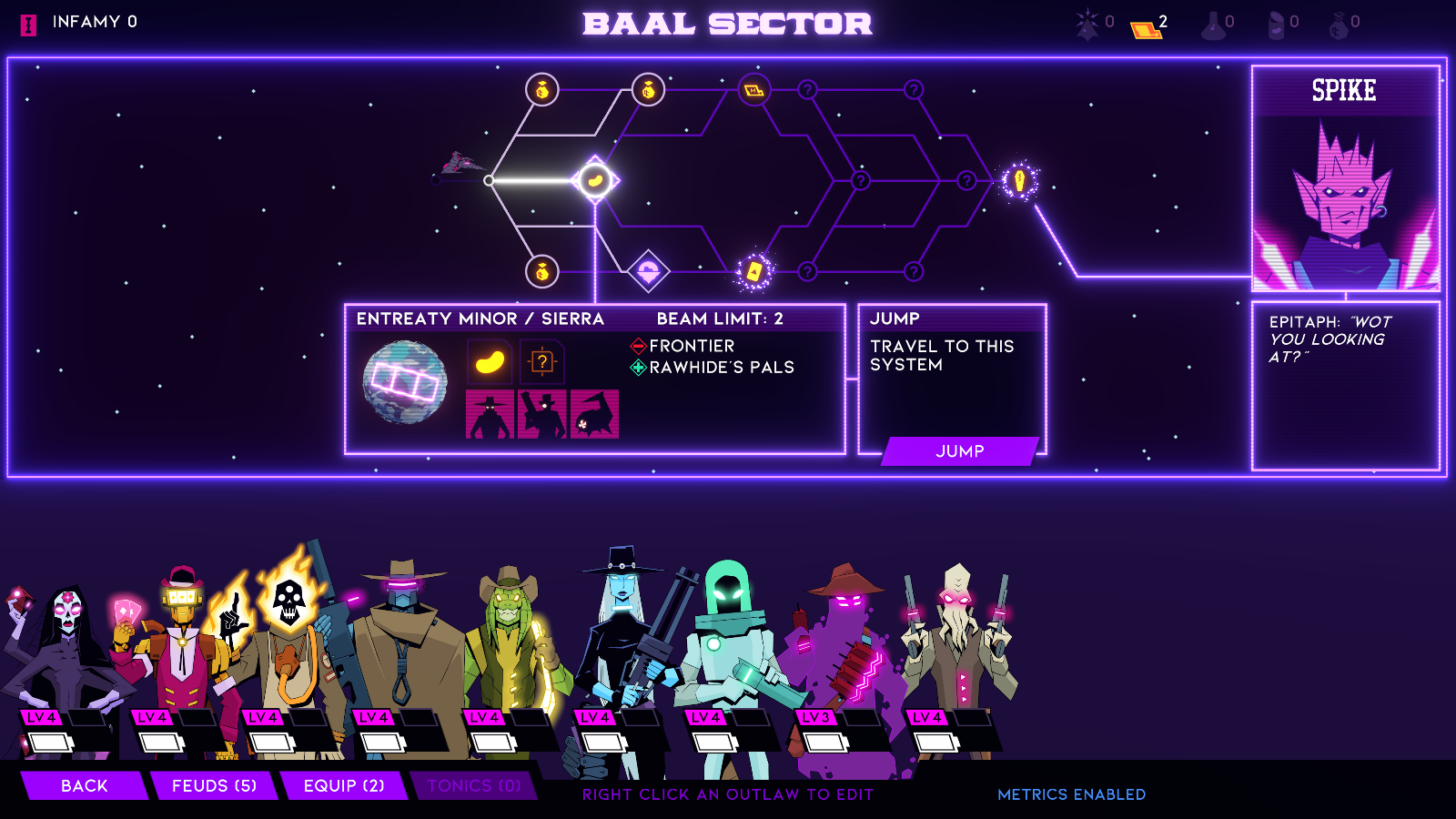
This is surprising, because so much of Wild Bastards is carefully calibrated and thought out. Like Void Bastards before it, the game deftly merges the expectations and rules of several genres at once: first-person shooter, turn-based strategy, and rogue-like. You'll travel from solar system to solar system, each time visiting several randomly-generated planets. Before touching down on a planet, you assemble an expeditionary force from your pool of 13 bastards. Once on the ground, you move your outlaws around on a top-down board game map, gathering money, loot, and permanent perks. If your outlaws run into an outpost or a roving enemy on your turn, you'll enter a first-person shoot-out. There are a limited number of moves per turn, and if you wait too long a tougher enemy arrives and hunts you down, so you have to plan out each step wisely.
On paper, this loop doesn't seem that exciting, but in practice it's addictive. This is mostly because it challenges you both mentally and physically. In order to survive the mental trials, you must pick the right outlaws for the enemy types and terrain ahead; you must determine which paths to take and which enemies to engage; and you have to decide when to push your luck and when to call it a day and retreat from danger. And in order to survive the physical trials, you must endure tense, unpredictable real-time battles surrounded by deadly adversaries.
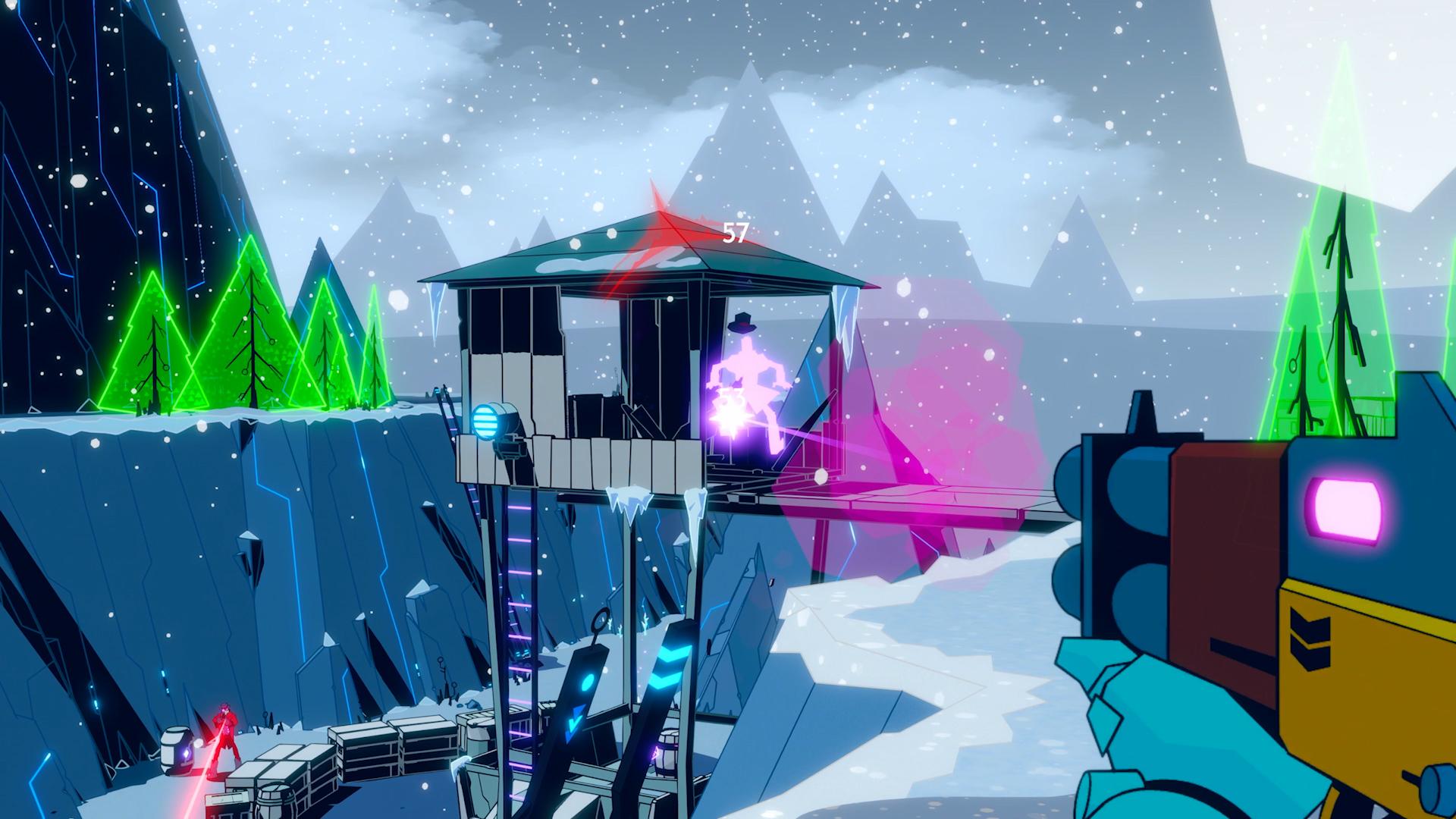
These battles are the highlight of the game. Each one takes place in a small sandbox with a random backdrop: a bayou, a canyon, a dusty old west town, a snowy mountain, a pock-marked lunar landscape, etc. And each is filled with temporary power-ups and lots of swarming bad guys. These combat situations are great because they're consistently surprising, forcing you to choose tactics on the fly; because the controls are responsive and accurate; and because they allow you to experiment with 13 different characters, each of whom offers an entirely different experience.
Simply put, Blue Manchu knocked it out of the park with its motley crew of wild bastards. It's not easy to create 13 different characters, let alone 13 different characters with unique skills, weapons, and attributes who each play a valuable role in battle. Now, to be fair, some of the bastards are more useful than others, but you'd be surprised how effective they all can be, if deployed in situations that favor their special gifts. Some of the most interesting outlaws include Smoky, a flaming skeleton who shoots globs of fire from his fingertips; Hopalong, a snake-man who strangles enemies with his laser lariat; and Sarge, an anthropomorphic horse who gallops speedily through each map and deploys a 10mm rifle that identifies bad guys at long range. Thanks to these fighters and others, Wild Bastards feels sort of like a single-player hero shooter. It's remarkable.
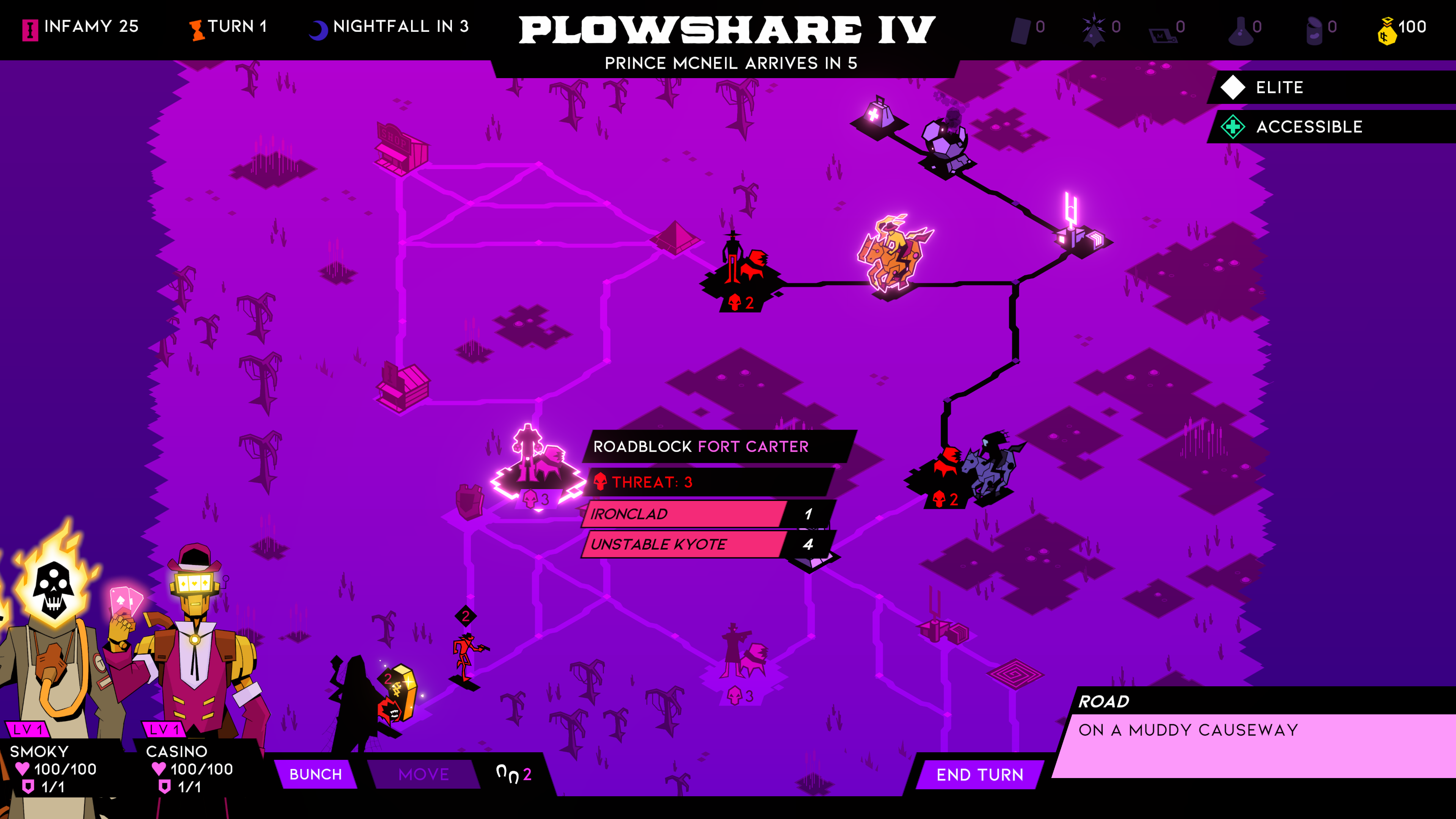
The game's most glaring issue is that these combat scenarios are, at times, sidelined by the strategic element, which, by comparison, is less interesting. Where Void Bastards encouraged players to spend the majority of their time in first-person mode, sneaking past sentries, engaging monsters, and exploring derelict ships, Wild Bastards allows only short, bite-sized bursts of action among the strategic sessions. Had Blue Manchu added more tactical depth to the board game aspect — for example resource gathering, base building, and tower defense — this distribution would make more sense. As it stands, however, each side is given equal billing even though they're not equal in terms of quality.
While the board game aspect feels underdeveloped, it's far more evolved than the relationship-building piece of the game. Depending on your performance on each planet, or the narrative whims of the developer, certain characters will become pals or enter into feuds, which changes how they interact on each world. Pals will bail each other out in battle, and enemies won't be able to travel together. It's a great idea in theory but it doesn't have enough room to breathe and grow. You can fix any problem by sharing a can of beans, after all. A complex relationship management sim, this is not.
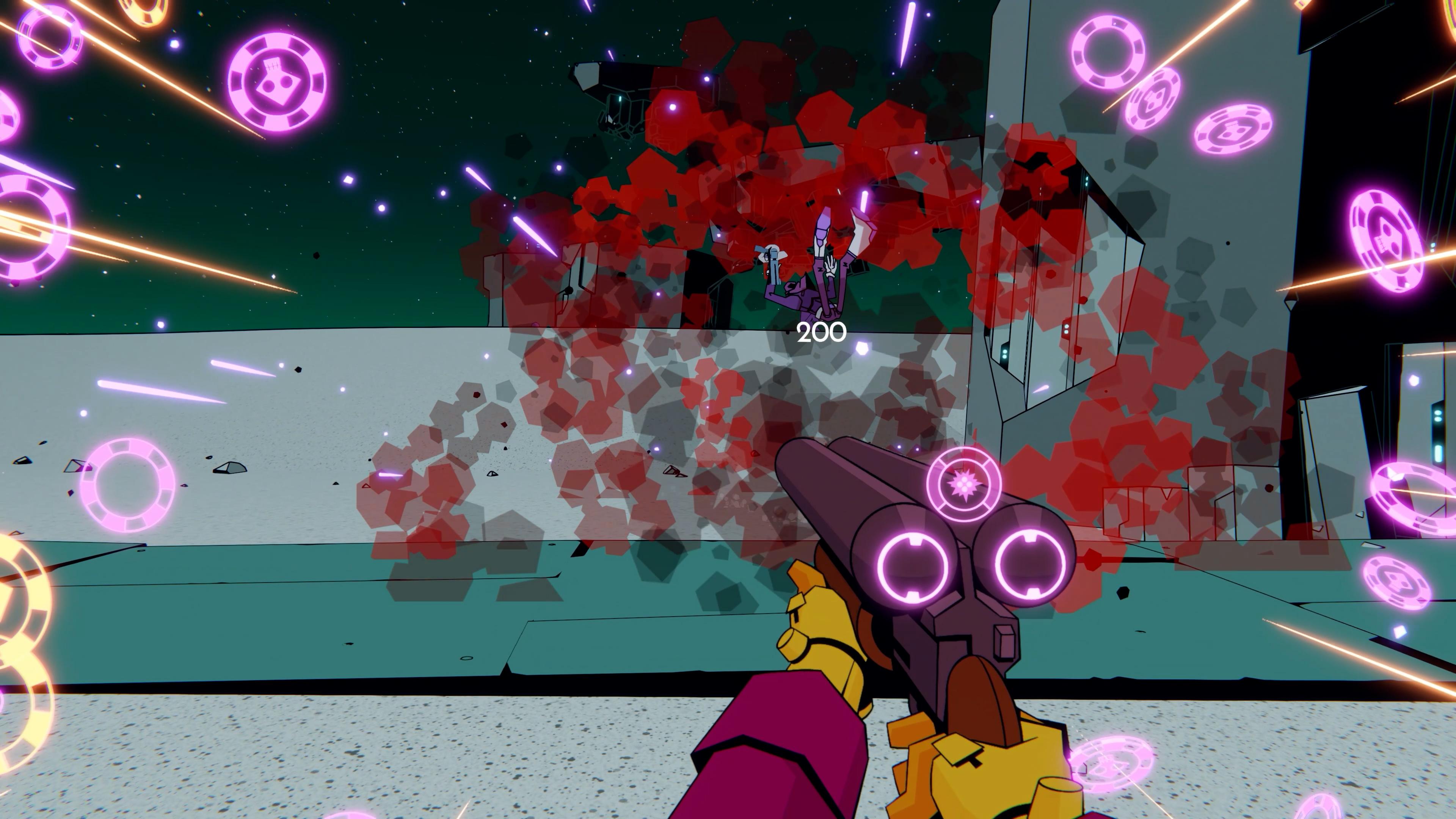
It is a fairly substantial game, however. The initial story-based adventure should take you somewhere between 15 and 18 hours, based on how thoroughly you explore each sector. Once you finish the game, you'll unlock a procedural version of the campaign, where the outlaw order is randomized and there's no narrative. You'll also unlock a challenge mode, which provides a sequence of challenge sectors with increasingly difficult levels and mutators.
No matter how you experience the game you'll come face-to-face with its extraordinary art. Once again Blue Manchu has delivered the goods, producing a highly-stylized comic book aesthetic with solid lines, clean colors, and a big personality. Complementing the visual piece is a strong audio component, thanks to outstanding voice acting across the board and a handful of nice musical tracks from Ryan Roth. The "Forest" theme, with its synth beats and onomatopoetic sounds — percussion that sounds like the jangle of spurs, for example — is a highlight.
In the end, Wild Bastards doesn't hit the high bar established by Void Bastards five years ago. While it's more ambitious in terms of mechanics and interlocking systems, it's not quite as fun or immersive. Still, it has a lot going for it, including a fascinating premise, 13 unique playable characters, excellent moment-to-moment action, and outstanding production design. With a better story and more nuanced strategic and relationship-building gameplay, it would join its predecessor as a GOTY contender.
VGChartz Verdict
7
Good
This review is based on a digital copy of Wild Bastards for the PS5, provided by the publisher.








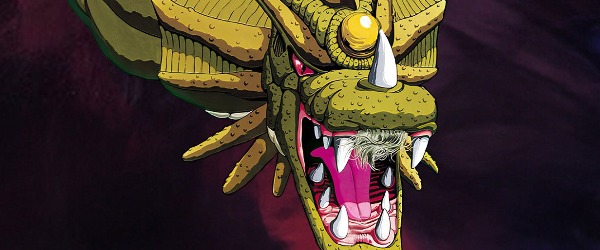
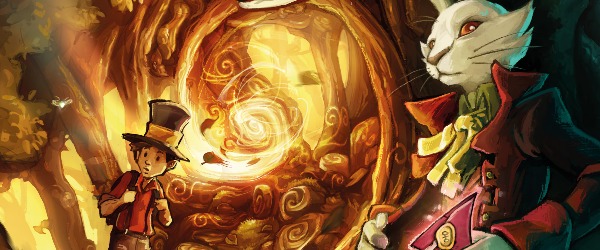
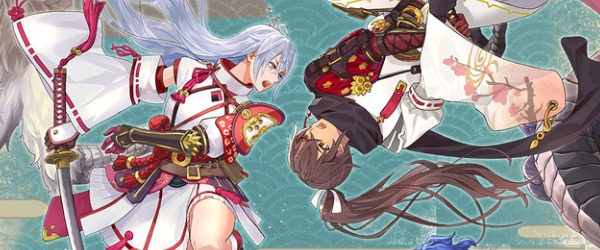
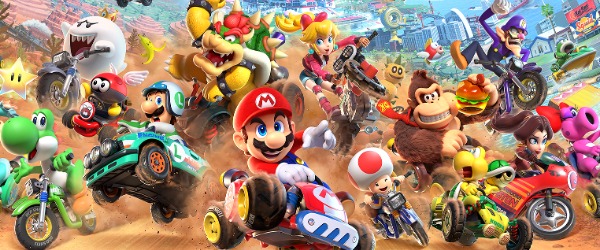












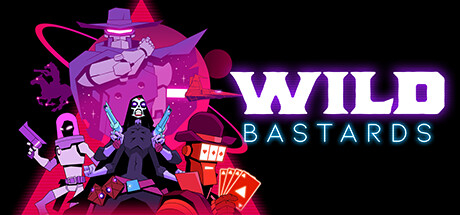



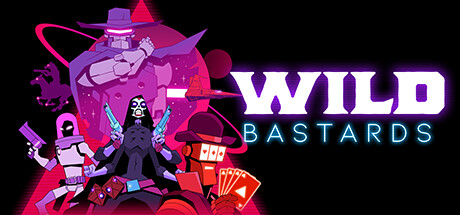

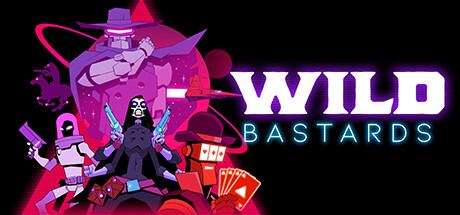

 Essay Pro
Essay Pro